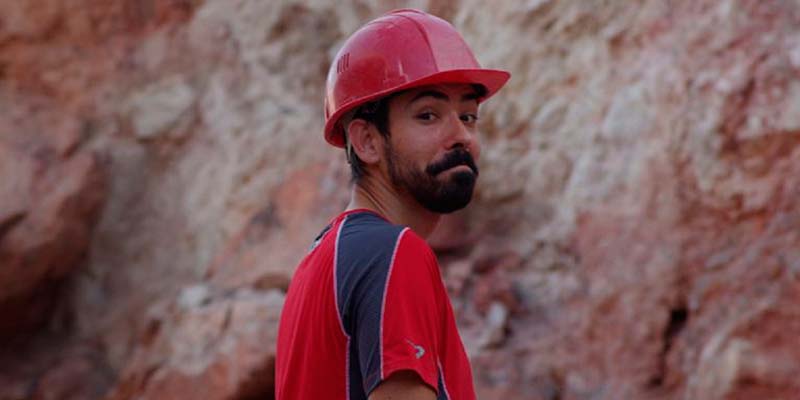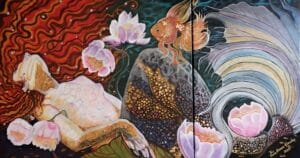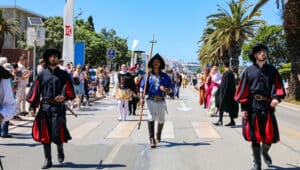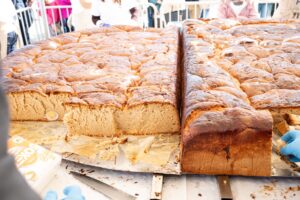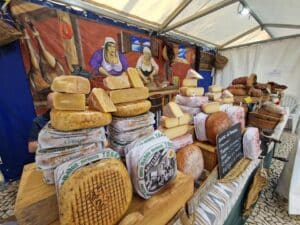On Tuesday, October 1, the Algarve Archaeological Association (AAA) will present two lectures, in English, by Palaeolithic archaeologist Pedro Horta on ‘The emergence and expansion of Modern Humans throughout the Old World’. The first lecture will be at 2.30pm at the Museu do Traje in São Brás and the second at 6pm at the Convento de São José in Lagoa.
Pedro Horta will be speaking about how modern humans emerged and spread throughout the Old World. Humans as a species (Homo sapiens) appeared sometime in the middle late Pleistocene in Africa. The finds in Jebel Irhoud, Morocco, have pushed the date of the emergence of modern humans as early as 300,000 years ago (Hublin et. al 2017).
In that same moment, the Old World was inhabited by several other species of hominins. Africa was populated by a mix of derivatives of Homo ergaster, Homo heidelbergensis and Homo naledi in the South. Western Eurasia was occupied by both Neanderthals and possibly other groups like Denisovans and Homo heidelbergensis, while Eastern Eurasia was populated by both Denisovans and Homo erectus populations. From that moment onwards, humans started to expand their territory throughout Africa and, soon after, into Eurasia, slowly replacing all species that populated these areas.
This replacement wasn’t sudden and is likely to have happened in waves as it took at least 260,000 years for humans to be the only hominin species left on Earth. But how did this replacement happen? When did humans start moving into these territories? What made them thrive and what contact did they have with the inhabitants of these territories? Genetics show that, to some extent, some of these species met and interbred. Furthermore, how different were these modern humans from the rest from a biological, ecological and cultural point of view? What made humans different?
This talk aims to explore these topics by taking into consideration the most current data available in the literature.
Pedro Horta is a Palaeolithic archaeologist interested in the evolution of hominin adaptation and migration strategies from the earliest stone tool industries to the more complex stone tools used by modern humans. He is currently a PhD student and a Research fellow at ICArEHB, University of Algarve (UAlg), where he completed his BA and MA.
His ongoing PhD project is generating new data on how bipolar stone tool strategies impacted the arrival and settlement of early modern humans in Europe through a combination of controlled experiments, 3D scanning software and stone tool analysis. He has excavated a number of Palaeolithic sites in Europe and North Africa and is currently involved with projects in Southern Portugal (Vale Boi and Gruta da Companheira) and Bulgaria (Bacho Kiro). Both projects are focused on hominin adaptations just prior to and after the arrival of modern humans in Europe, a subject which Pedro Horta has mainly focused and published on.
Non-members are welcome to attend AAA lectures for a €5 admission fee, with all money raised by the AAA being used for archaeological grants and speakers.
For more information, email algarvearchass@gmail.com, visit arquealgarve.weebly.com or Facebook ‘Algarve Archaeological Association’. Please check the website or Facebook page for any last-minute changes.
By JANE ROBERTSON





